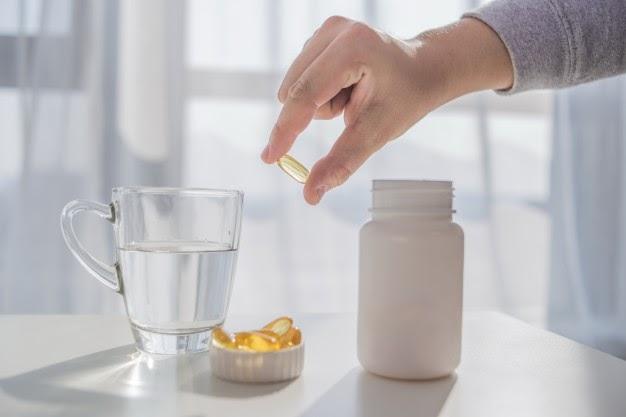Vitamins are a necessary component of your diet that helps your body functions stay at an optimal functioning level at all times. These vitamins are especially necessary for your eyes that function on a daily basis with these integral units regulating the operations outside as well as within the eye structure. At an eye clinic, you can learn all about how these vitamins can help fortify your vision further with a simple test.
Vitamin A
Amongst all the vitamins known to keep your vision strong and healthy, Vitamin A can provide the utmost benefits for this cause. When sufficient amounts of this vitamin are not made available to the body, the deficiency can eventually lead to night blindness where vision turns blurry and hazy at night.
Another condition known as xerophthalmia can develop as a result of deficiency wherein your eyes remain abnormally dry and inflamed. As this condition is progressive, your eye ducts can eventually dry up as well and eventually lead to corneal softness which can, in turn, to blindness.
Benefits
Vitamin A does not only help your immune system stay strong and healthy but also helps your eyes in a multitude of ways. When consumed in good amounts, you can help prevent the above-mentioned conditions of night blindness and xerophthalmia. Furthermore, you can also reduce the early onset of cataract and any macular degeneration that can be age-related.
You can also help keep your cornea clear and healthy with good amounts of vitamin A that is naturally derived from fresh foods rather than supplements. In addition to these benefits, vitamin A also contributes to the compound rhodopsin in your eyes that allows you to see well in areas of low light availability.
Dietary Inclusions
To gain maximum vitamin A intake through your diet, you can consume vegetables such as carrots, sweet potatoes and leafy vegetables such as spinach. Red peppers, pumpkin, and squash must also be included in your diet to avail full benefits of a vitamin A rich diet. You can ask your eye specialist for other ways to keep your eyes healthy and supercharged at your next visit.
Vitamin B12
Vitamin B is divided into several sub-categories out of which B6, B9 and B12 hold the highest significance in terms of eye health. These groups of vitamins help boost your metabolism like no other besides helping your eyes maintain full function. Vitamin B, in particular, also known as cobalamin, can be sourced from animal products that are high in its content. For those that follow a dairy-free or vegan diet, making use of supplements or other fortified vitamin B foods would be recommended.
Benefits
There are multiple benefits of consuming B12 alongside B9 AND B12. When the three of these vitamins are consumed in sufficient amounts together, they can effectively help lower the risk of any age-related macular degeneration (AMD). Research conducted on women to study the effects of vitamin B on the risk of AMD revealed that 34% of the participants benefited from lower risk. This occurred as 1000mg of vitamin B12 was consumed daily alongside the other two vitamin B types.
Dietary Inclusions
The best sources of vitamin B12 include fish, poultry, red meat, eggs, liver, milk and even cereals. For vitamin B nutrients, beans, peanuts, chickpeas, rice, oats, yogurt, lentil, beans and green peas can be consumed in healthy amounts for the best benefits.
